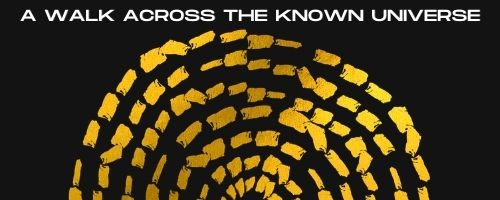Episode 63
More On Virgil's Life Outside Of Comedy: Inferno, Canto XII, Lines 31 - 48
In this passage from INFERNO, Virgil offers us (and the pilgrim, Dante) more of a glimpse into his last trek to the bottom of hell. Here, he tells us that things have changed, that hell now lies in ruins, that the harrowing caused havoc across hell--and he descends into a little heresy along the way, quoting Empedocles, a pre-Socratic Greek philosopher.
Join me, Mark Scarbrough, for an in-depth exploration of this complicated passage. We don't always get the Virgil we think we should get. And that's part of the problem . . . no, part of the fun of Dante's COMEDY. Virgil is the most difficult part of a difficult poem. But that just gives us more space to explore what's going on in Dante's masterwork.
Here are the segments of this episode:
[01:05] My English translation of this passage from INFERNO: Canto XII, lines 31 - 48 (the descent toward the violent).
[02:23] Dante-the-pilgrim's silence. It's one of the most curious things about INFERNO, Canto XII.
[03:33] The rock slide is an example of "extreme particularity" in Dante's art. Here, I'll give you a little of the critic Erich Auerbach's thoughts on Dante's poetic and how we can see them at work in this passage. Our pilgrim is in silence. Virgil attempts to figure out why. He guesses the silence is about the natural landscape. Is the right? If so, then the poetry always drives back to the details, the "extreme particularities."
[09:06] More of Virgil's backstory. We learn that hell has changed since the last time Virgil passed this way.
[11:27] Why is hell in ruins? We can answer the question by heading off to the Gospels in the New Testament. But Virgil doesn't!
[13:24] We seem to have returned to the Virgil we knew in Cantos I and IV. What happened to the Virgil of Canto XI?
[14:41] A little bit about the word used for "filthy": feda. It's a Latinization. More importantly, it's a hapax legomenon, a word used only once in a work of literature. Why is that important? And why doesn't Virgil use a more "ordinary" Florentine word here?
[17:10] Virgil quotes Empedocles (c. 493 BC - 432 BCE), a pre-Socratic Greek philosopher. Virgil is not a sure guide to theology . . . until he is.
[23:36] A look at the landscape ahead--which has made so many critics question the necessity of all that's come before this moment in Canto XII, particularly the additional details about Virgil's backstory. But maybe it's important to watch Dante-the-poet working with, around, and through the character of Virgil.


